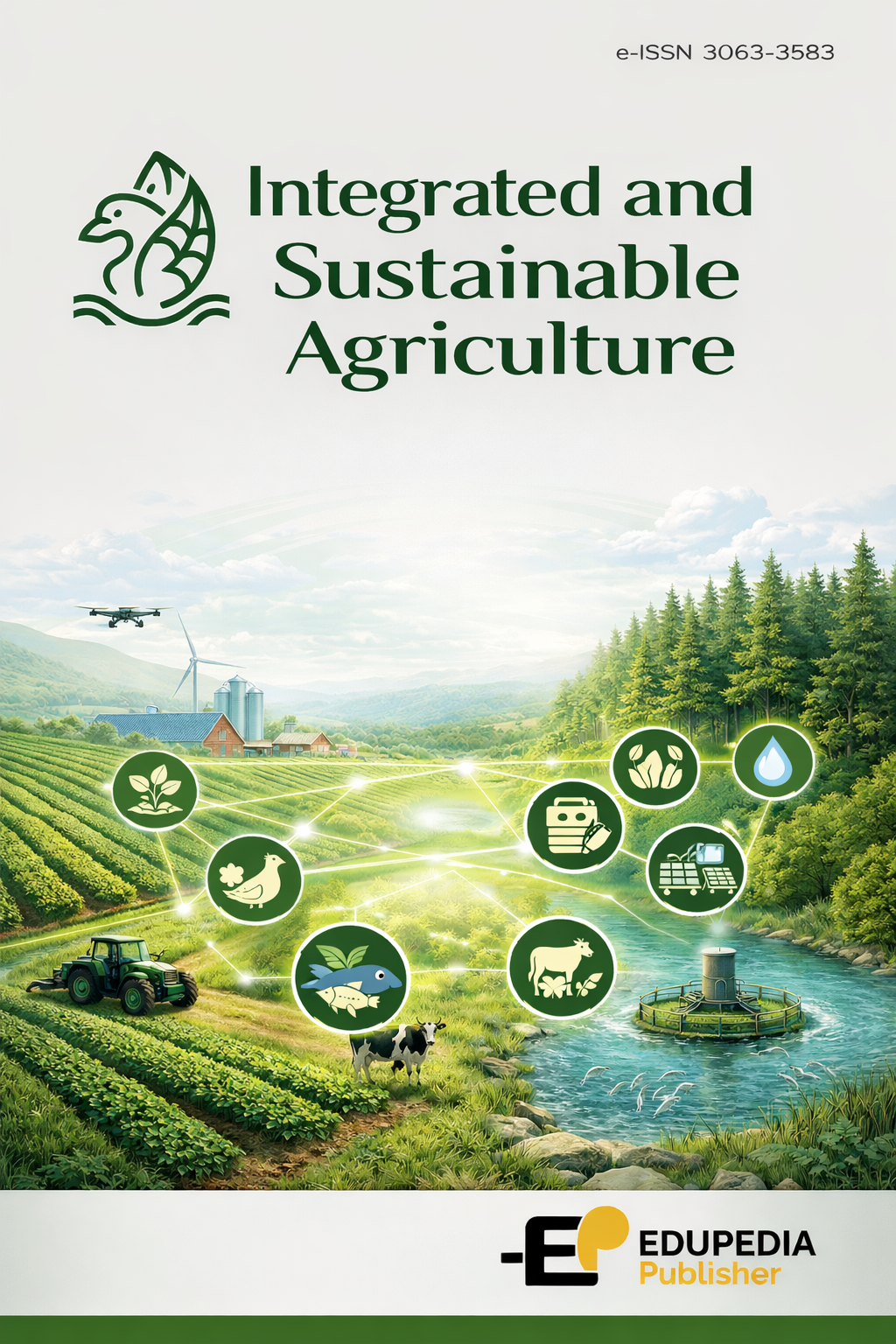Perbandingan Pendapatan UMKM Kue Karasa: E-Commerce Versus Konvensional (Kecamatan Cempa, Kabupaten Pinrang)
Keywords:
business costs, business feasibility, conventional, e-commerce, MSMEs Karasa, revenueAbstract
This study aims to analyze and compare the feasibility of Karasa micro, small and medium enterprises (MSMEs) with e-commerce and conventional sales models in Cempa District, Pinrang Regency. The aspects analyzed include business costs, revenues, revenues, and business feasibility using the R/C ratio method. The results showed that both business models have business feasibility, but conventional sales models generate higher revenues compared to e-commerce models. This is due to several factors, such as the lack of understanding of business actors in operating e-commerce platforms and customer preferences to buy products directly.
References
Arifin, R., Ningsih, A. A. T., & Putri, A. K. (2021). The Important Role Of MSMEs In Improving The Economy. East Asia Journal of Contemporary Business, Economics and Law, 52-59.
Asse, R. A. A. (2018). Strategi Pemasaran Online (Studi Kasus Facebook Marketing Warunk Bakso Mas Cingkrank Di Makassar). KAREBA: Jurnal Ilmu Komunikasi, 219-231.
Cahyono, W. E., & Kunhadi, D. (2020). Strategi Pengembangan UKM Gethuk Pisang Guna Melestarikan Makanan Tradisional. Jurnal Media Teknik Dan Sistem Industri, 4(1), 10.
Dianari, R. G. F. (2018). Pengaruh e-commerce terhadap pertumbuhan ekonomi indonesia. Bina Ekonomi, 22(1), 43-62.
Endris, E., & Kassegn, A. (2022). The role of micro, small and medium enterprises (MSMEs) to the sustainable development of sub-Saharan Africa and its challenges: a systematic review of evidence from Ethiopia. Journal of Innovation and Entrepreneurship, 11(1), 20.
Fadly, H. D., & Sutama, S. (2020). Membangun pemasaran online dan digital branding ditengah pandemi covid-19. Jurnal Ecoment Global, 5(2), 213-222.
Fajry, T. K., Saputro, H., Afnawati, I., Salsabila, A. G., Putri, S. N., & Muna, K. N. (2022). Seminar dan Pelatihan Digitalisasi Sebagai Pendorong Pengembangan UMKM Berbasis Ekonomi Kreatif di Kelurahan Darmo Surabaya. KARYA: Jurnal Pengabdian Kepada Masyarakat, 2(2), 52-62.
Kereh, F., Tumbel, A. L., & Loindong, S. S. (2018). Analisis Strategi Pemasaran Dalam Meningkatkan Penjualan Motor Yamaha Mio Pada Pt. Hasjrat Abadi Outlet Yamaha Sam Ratulangi. Jurnal EMBA: Jurnal Riset Ekonomi, Manajemen, Bisnis Dan Akuntansi, 6(2).
Kirom, N. R., Sudarmiatin, S., & Hermawan, A. (2022). E-commerce strategy for msme innovation development in the new normal era. International Journal of Environmental, Sustainability, and Social Science, 3(1), 169-178.
Musyawarah, I. Y., & Idayanti, D. (2022). Analisis Strategi Pemasaran Untuk Meningkatkan Penjualan Pada Usaha Ibu Bagas di Kecamatan Mamuju. Forecasting: Jurnal Ilmiah Ilmu Manajemen, 1(1), 1-13.
Nasution, D. S., Aminy, M. M., & Ramadani, L. A. (2019). Ekonomi Digital. Sanabil.
Nurjati, E. (2021). Peran dan tantangan e-commerce sebagai media akselerasi manajemen rantai nilai produk pertanian. In Forum Penelitian Agro Ekonomi (Vol. 39, No. 2, pp. 105-115).
Pradana, M. (2015). Klasifikasi bisnis e-commerce di Indonesia. Modus, 27(2), 163-174.
Setiawan, T. F., Suharjo, B., & Syamsun, M. (2018). Strategi pemasaran online UMKM makanan (Studi kasus di kecamatan Cibinong). MANAJEMEN IKM: Jurnal Manajemen Pengembangan Industri Kecil Menengah, 13(2), 116-126.
Tekola, H., & Gidey, Y. (2019). Contributions of micro, small and medium enterprises (MSMEs) to income generation, employment and GDP: Case study Ethiopia. Journal of Sustainable Development, 12(3), 46-81.
Zaeny, A. S. (2021). Dampak Keberadaan Toko Ritel Modern Terhadap Pendapatan UMKM Di Kecamatan Margasari Kabupaten Tegal (Doctoral dissertation, Politeknik harapan Bersama Tegal).
Downloads
Published
How to Cite
Issue
Section
License
Copyright (c) 2024 Yuliana, Darmawan, Suherman

This work is licensed under a Creative Commons Attribution-ShareAlike 4.0 International License.







